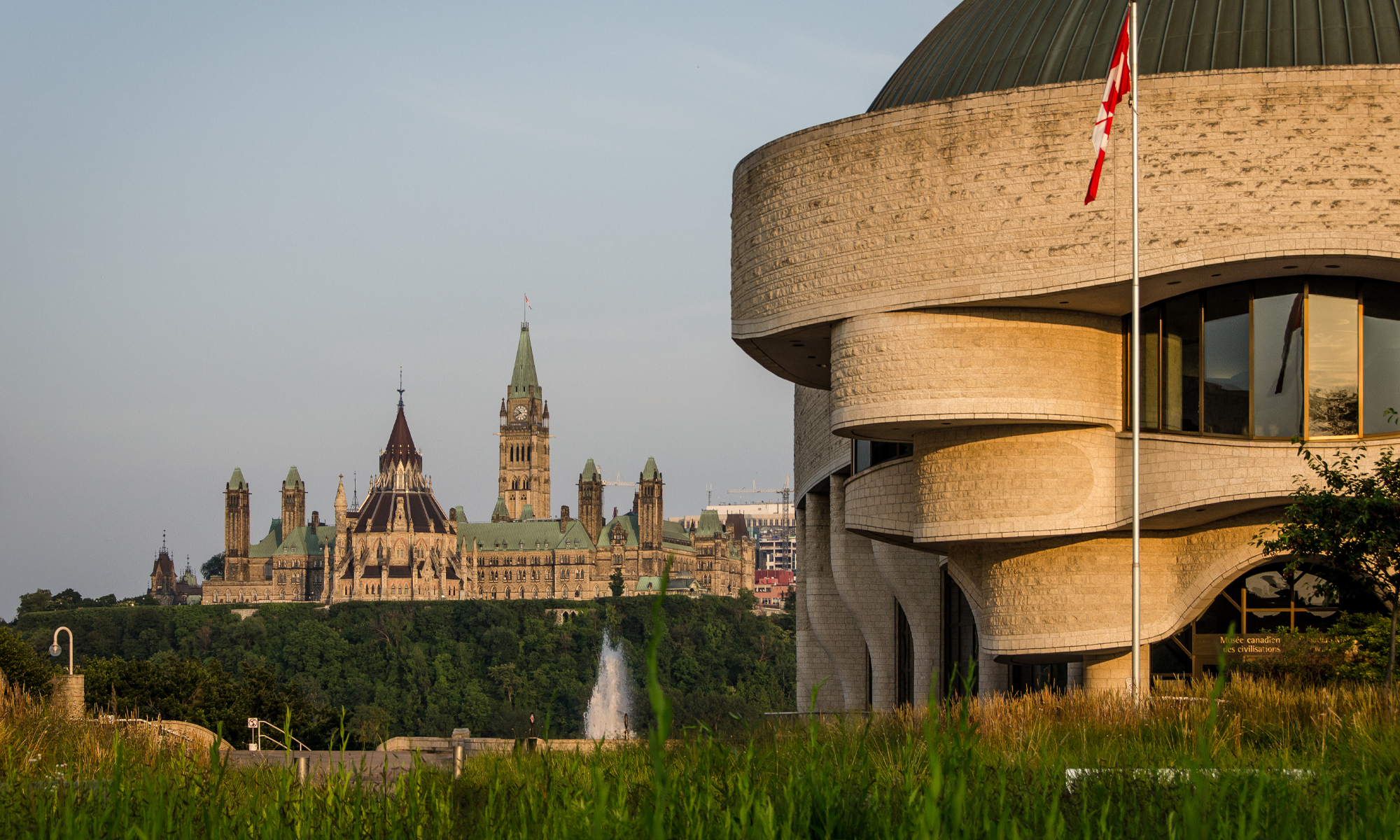The Globe and Mail is running a series on Canada’s broken freedom-of-information regimes. The latest is Thanks to Canada’s broken access-to-information system, we have to look abroad to understand our own history, by respected historians Robert Bothwell and John English.
Genealogists and family historians should stand up and make our dissatisfaction known, alongside our historian colleagues. They’re the ones who compile the social history we use to help us understand our ancestor’s life and times. Together with historians and social scientists of all stripes who also need archival and library records, we must advocate for changes for the benefit of all.
What are the concerns I hear from our communities?
There are the same concerns about the closure of records. You have to weave a tortuous way to being granted access to a World War II service file. Let’s not even dwell on the 1950 US census being released in 2022 while we wait for the 1931 census of Canada until later this year.
Where records are available the archives should have flexible opening hours beyond 9-4 on weekdays. Some people have day jobs meaning that, in practice, there is no access for them. Limited hours can mean overnight stays or multiple trips for others who must travel to access records.
Our community has a direct interest in the digitization of the 95% (+/-) of archival records not already online. Facilitating access to records in this way would benefit those who cannot visit an archives of interest. Could further digitization, with adequate finding aids, not be promoted by the OGS and peer organizations?
In addition, the community might usefully advocate for making records full-text searchable. Although far from perfect, OCR technology continues to improve. Some organizations are demonstrating workable hand-writing recognition technology which can only improve. Ancestry did that for the 1950 US census.
Government organizations may not be funded for that, but it shouldn’t stop them from seeking out partnerships to make searchable records available on a commercial basis as long as free access to the original is not compromised.
As illustrated by the Bothwell/English article, Canada has overly restrictive regulations for access compared to other countries. Access to information legislation, especially at the
federal level, seems to be more of a hindrance than a help. Government records, some created much more than fifty years ago, are not being released in a timely manner. Legislated time limits for formal requests are too often meaningless.
As the largest genealogical/family history society in Canada, OGS is well placed to speak for our community interests, if not lead.


I read the Bothwell/English article this morning and was stunned by its simple implications for genealogists, sociologists as much as for historians.
Thanks for bringing this article to the attention of followers of ACC.